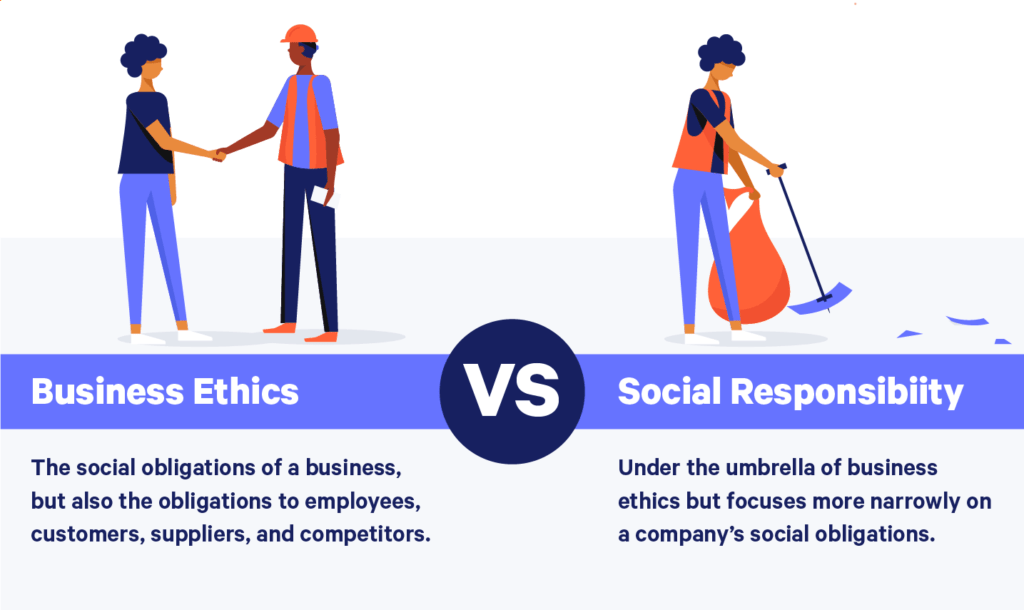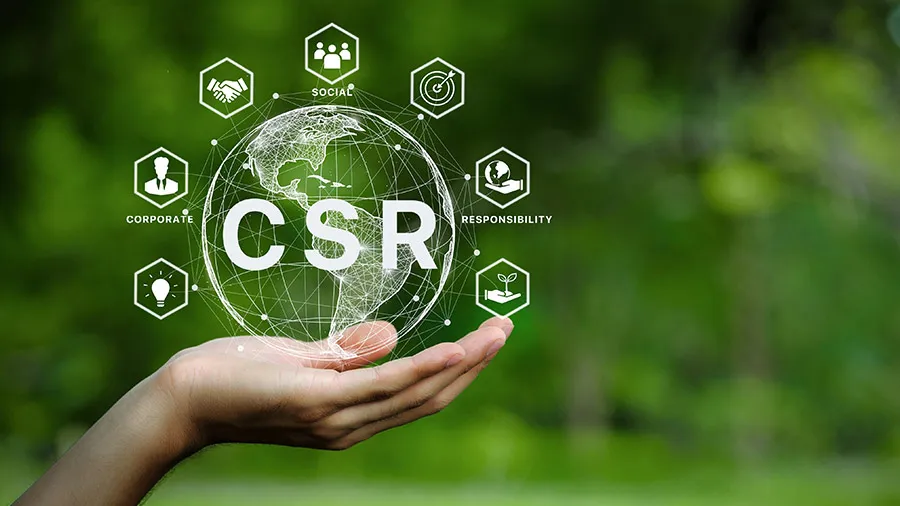
Introduction:
Welcome to the SF Business Consultant blog! In this post, we delve into a crucial topic for today’s businesses: ethics and corporate social responsibility (CSR). In an era of increased transparency and stakeholder scrutiny, organizations are realizing that success extends beyond financial gains. By embracing ethical practices and incorporating CSR initiatives, businesses can make a positive impact on society while enhancing their reputation and long-term sustainability.
Understanding Business Ethics:
Business ethics refers to the moral principles and values that guide the behavior and decision-making processes within an organization. It involves conducting business with integrity, honesty, and fairness, and taking into account the interests of various stakeholders, including employees, customers, suppliers, and the community at large.
The Benefits of Ethical Business Practices:

Enhanced Reputation: Ethical businesses are more likely to gain the trust and loyalty of customers, partners, and investors. A solid reputation can lead to increased customer retention, positive word-of-mouth referrals, and improved brand perception.
Employee Engagement: Employees are more likely to feel proud of working for an organization that upholds strong ethical values. This can lead to increased employee satisfaction, higher productivity levels, and reduced turnover rates.
Risk Mitigation: Adopting ethical practices helps businesses mitigate legal, financial, and reputational risks. By complying with laws and regulations and promoting responsible business conduct, organizations can avoid costly lawsuits, penalties, and damage to their brand image.
Corporate Social Responsibility (CSR):
CSR refers to a company’s efforts to integrate social and environmental concerns into its business operations and interactions with stakeholders. It involves going beyond legal obligations and actively contributing to sustainable development and the well-being of society.
Key Areas of CSR:

Environmental Sustainability: Businesses can reduce their environmental footprint by adopting sustainable practices, such as energy efficiency, waste reduction, recycling programs, and responsible sourcing of materials.
Philanthropy and Community Engagement: Engaging in philanthropic activities, supporting local communities, and volunteering can positively impact society and establish a strong bond between businesses and their communities.
Ethical Supply Chain: Ensuring that supply chains are free from exploitative labor practices, child labor, and environmental harm is essential for ethical business operations.
Diversity and Inclusion: Embracing diversity and fostering an inclusive work environment can lead to innovation, better decision-making, and improved employee satisfaction.
Conclusion:
In today’s socially conscious world, businesses need to embrace ethical practices and corporate social responsibility. By doing so, they not only contribute to positive societal change but also build a strong brand reputation, attract loyal customers, and engage employees. The SF Business Consultant team encourages all businesses to prioritize ethics and CSR, as they are vital for long-term success and sustainability.

